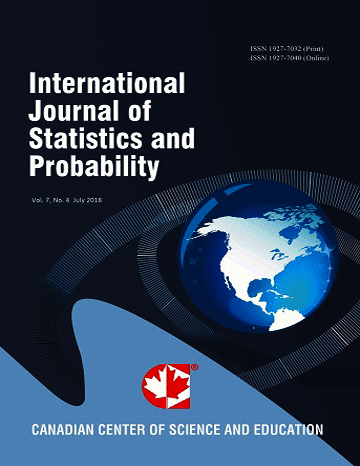Reliability of Meta-Analysis Research Claims for Gas Stove Cooking−Childhood Respiratory Health Associations
- Warren B. Kindzierski
- S. Stanley Young
- John D. Dunn
Abstract
Odds ratios or p-values from individual observational studies can be combined to examine a common cause−effect research question in meta-analysis. However, reliability of individual studies used in meta-analysis should not be taken for granted as claimed cause−effect associations may not reproduce. An evaluation was undertaken on meta-analysis of base papers examining gas stove cooking (including nitrogen dioxide, NO2) and childhood asthma and wheeze associations. Numbers of hypotheses tested in 14 of 27 base papers (52%) used in meta-analysis of asthma and wheeze were counted. Test statistics used in the meta-analysis (40 odds ratios with 95% confidence limits) were converted to p-values and presented in p-value plots. The median (interquartile range) of possible numbers of hypotheses tested in the 14 base papers was 15,360 (6,336−49,152). None of the 14 base papers made mention of correcting for multiple testing, nor was any explanation offered if no multiple testing procedure was used. Given large numbers of hypotheses available, statistics drawn from base papers and used for meta-analysis are likely biased. Even so, p-value plots for gas stove−current asthma and gas stove−current wheeze associations show randomness consistent with unproven gas stove harms. The meta-analysis fails to provide reliable evidence for public health policy making on gas stove harms to children in North America. NO2 is not established as a biologically plausible explanation of a causal link with childhood asthma. Biases – multiple testing and p-hacking – cannot be ruled out as explanation for a gas stove−current asthma association claim. Selective reporting is another bias in published literature of gas stove–childhood respiratory health studies.
- Full Text:
 PDF
PDF
- DOI:10.5539/ijsp.v12n3p40
Index
- ACNP
- Aerospace Database
- BASE (Bielefeld Academic Search Engine)
- CNKI Scholar
- DTU Library
- Elektronische Zeitschriftenbibliothek (EZB)
- EuroPub Database
- Excellence in Research for Australia (ERA)
- Google Scholar
- Harvard Library
- Infotrieve
- JournalTOCs
- Mir@bel
- Open policy finder
- ResearchGate
- Technische Informationsbibliothek (TIB)
- UCR Library
- WorldCat
Contact
- Wendy SmithEditorial Assistant
- ijsp@ccsenet.org
